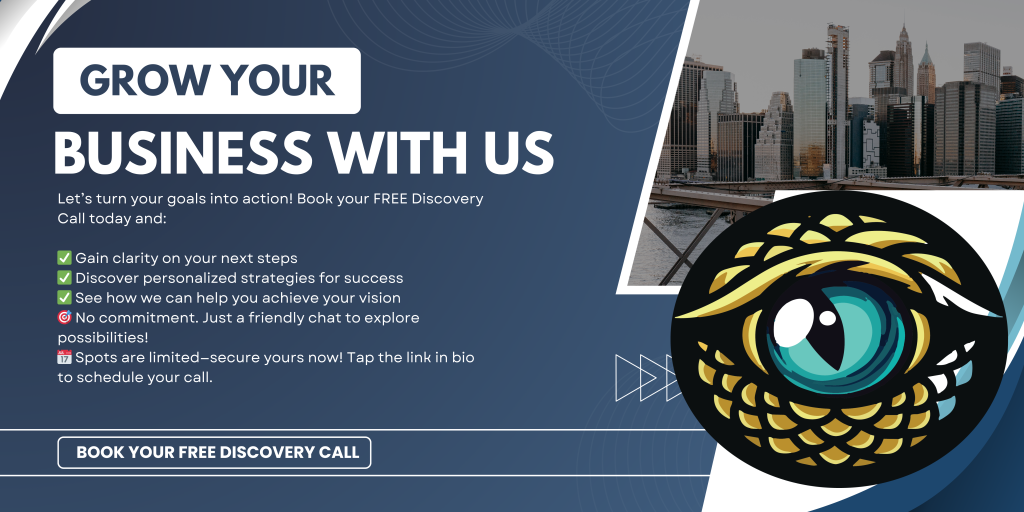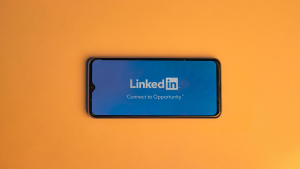Precision in Lead Generation,
Power in Connection
Let us turn your challenges into opportunities with smart, reliable lead generation solutions.
Precision in Lead Generation,
Power in Connection
Let us turn your challenges into opportunities with smart, reliable lead generation solutions.
How to Use LinkedIn for B2B SaaS Lead Generation

Choosing the right lead generation strategy can make or break your startup’s growth trajectory. While both outbound and inbound approaches have their merits, understanding which one aligns best with your growth stage and resources is crucial for maximizing ROI and scaling effectively.
Understanding the Fundamentals of Lead Generation
Inbound Lead Generation
Inbound lead generation focuses on attracting potential customers through valuable content and experiences tailored to their needs. This approach involves:
- Content marketing (blogs, whitepapers, case studies)
- SEO optimization
- Social media presence
- Educational webinars
- Email newsletters
Success Story: HubSpot, now a $27B+ company, built their entire business on inbound marketing. Their blog generates over 350,000 leads monthly through educational content targeted at marketing professionals. They practice what they preach by creating comprehensive resources like their Marketing Statistics Report, which attracts thousands of backlinks annually.
Outbound Lead Generation
Outbound lead generation takes a more direct approach to reaching potential customers through:
- Cold email campaigns
- LinkedIn outreach
- Cold calling
- Paid advertising
- Trade show participation
Success Story: Gong.io grew from startup to unicorn status using a highly targeted outbound approach. They identified sales leaders at high-growth companies and used personalized video messages in their outreach, achieving a 40% response rate – significantly higher than industry averages.

Comparing Inbound vs Outbound
Inbound Lead Generation Pros
- Higher Quality Leads: Prospects who find you through content are often more qualified and ready to engage
- Lower Cost Per Lead (CPL): Once established, inbound generates leads at a lower cost
- Compound Returns: Content continues working for you long after publication
- Brand Authority: Establishes your company as a thought leader
Real-World Example: Stripe’s engineering blog and documentation have become the gold standard in the payments industry. Their technical content attracts over 2 million monthly visitors, establishing them as the go-to payment solution for developers.
Inbound Lead Generation Cons
- Slower Initial Results: Takes 6-12 months to gain significant traction
- Resource Intensive: Requires consistent content creation and optimization
- Competitive Space: Standing out requires exceptional content quality
- Complex Analytics: Attribution can be challenging
Case Study: Buffer spent their first year heavily investing in content marketing, publishing 150+ blog posts before seeing significant traction. While they eventually grew to over 1 million readers monthly, the initial period required substantial resource investment with minimal immediate returns.
Outbound Lead Generation Pros
- Immediate Results: Can generate leads within days of launching campaigns
- Highly Targeted: Allows precise targeting of ideal customer profiles
- Scalable Process: Easy to scale with additional sales development representatives
- Predictable Pipeline: More controlled lead flow
Success Story: Outreach.io used their own platform to execute targeted outbound campaigns, achieving 10x growth in two years. Their SDR team maintained a 37% email open rate by focusing on personalized, value-first messages to sales leaders.
Outbound Lead Generation Cons
- Higher Cost Per Lead: Typically more expensive than inbound
- Lower Response Rates: Average response rates are declining
- Resource Intensive: Requires dedicated sales development team
- Brand Perception Risk: Aggressive outbound can damage reputation
Cautionary Tale: A prominent SaaS company (unnamed) saw their domain blacklisted after aggressive cold email campaigns, forcing them to rebuild their outbound strategy from scratch with a focus on quality over quantity.
Choosing the Right Approach for Your Growth Stage
Early-Stage Startups (Pre-Product Market Fit)
Recommended Approach: Primarily Outbound with Supporting Inbound
Example: Kalendly (now acquired by Zoom) started with targeted outbound to calendar power users at tech companies. Their initial SDR team of three generated 80% of their first year’s revenue through personalized outreach while gradually building their content foundation.
Early-stage startups should focus on:
- Direct outreach to potential early adopters
- Quick feedback loops for product development
- Building initial case studies
- Starting content foundation for future inbound efforts
Growth-Stage Startups (Post-Product Market Fit)
Recommended Approach: Balanced Hybrid
Example: Monday.com successfully scaled using a hybrid approach. They combined targeted LinkedIn ads and outbound campaigns with viral content marketing, including their famous “startup culture” videos that generated millions of views and thousands of leads.
Growth-stage companies should:
- Scale successful outbound campaigns
- Invest heavily in content marketing
- Develop thought leadership
- Implement marketing automation
Scale-Up Stage
Recommended Approach: Inbound-Heavy with Targeted Outbound
Example: Zoom focused on inbound through their extensive knowledge base and webinar strategy while maintaining targeted outbound for enterprise accounts. Their “Happy Hours” webinar series generated over 100,000 MQLs in 2020 alone.
Scaling companies should focus on:
- Building comprehensive content libraries
- Developing multiple inbound channels
- Using outbound for specific high-value targets
- Implementing advanced attribution systems
Implementation Strategy
90-Day Action Plan
- Days 1-30:
- Audit current lead generation efforts
- Define ideal customer profile
- Set up tracking and analytics
- Days 31-60:
- Launch initial campaigns
- Create core content pieces
- Establish baseline metrics
- Days 61-90:
- Optimize based on initial results
- Scale successful channels
- Implement automation
Example Timeline: Pipedrive implemented this exact approach, starting with a focused ABM outbound campaign to 100 target accounts while simultaneously developing their sales education hub. Within 90 days, they achieved a 23% response rate on outbound and laid the groundwork for their now-popular sales blog.
Key Performance Indicators (KPIs) to Track
- Cost per Lead (CPL) – Industry benchmark: $35-$75 for SaaS
- Lead-to-Opportunity Ratio – Target: 20-30%
- Sales Qualified Lead (SQL) Conversion Rate – Benchmark: 10-15%
- Customer Acquisition Cost (CAC) – Industry average: $205-$400
- Time to First Meeting – Target: Under 14 days
- Pipeline Velocity – Industry benchmark: 20-30% month-over-month growth
Conclusion
The most effective lead generation strategy for your SaaS startup depends on your growth stage, resources, and target market. While early-stage startups might benefit more from outbound approaches to generate quick wins and market feedback, established companies should invest in a robust inbound engine for sustainable, scalable growth.
Remember that these approaches aren’t mutually exclusive. The most successful SaaS companies often employ a hybrid strategy, leveraging both inbound and outbound tactics to create a comprehensive lead generation machine.
Ready to optimize your lead generation strategy? Contact us for a free consultation on building a customized approach for your SaaS startup.
alphaelle

Want the inside scoop? Follow us!
© Komodo Connnect 2025
As the premier professional networking platform, LinkedIn has become an invaluable tool for B2B SaaS companies looking to generate high-quality leads. With over 900 million professionals actively using the platform, it offers unparalleled opportunities to connect with decision-makers and potential customers. In this comprehensive guide, we’ll explore proven strategies to leverage LinkedIn for maximum lead generation success.
Understanding LinkedIn’s B2B Power
LinkedIn users are typically in a business mindset when using the platform, making it particularly effective for B2B marketing. According to recent studies, LinkedIn generates 277% more leads than Facebook and Twitter, with 80% of B2B leads coming from LinkedIn compared to other social platforms.
Optimizing Your Company Page
Create a Professional Brand Presence
- Craft a compelling company description using relevant keywords
- Upload a high-quality banner image that reflects your brand values
- Include your website URL and other important links
- Regularly update your company page with fresh content
Showcase Your Product
- Use the Products & Services tab to highlight your SaaS offerings
- Include detailed features, benefits, and use cases
- Add customer testimonials and social proof
- Incorporate relevant keywords naturally in product descriptions
Content Strategy for Lead Generation
Share Valuable Content
- Publish thought leadership articles
- Share industry insights and trends
- Post case studies and success stories
- Create how-to guides and tutorials
- Develop infographics and visual content
Content Best Practices
- Post consistently (3-5 times per week)
- Use relevant hashtags to increase visibility
- Include clear calls-to-action (CTAs)
- Engage with comments and foster discussions
- Share original research and data-driven insights
LinkedIn Lead Generation Tools
LinkedIn Sales Navigator
- Advanced search capabilities
- Lead recommendations
- Custom lists and saved searches
- InMail credits for direct outreach
LinkedIn Ads
- Sponsored Content
- Message Ads
- Dynamic Ads
- Text Ads
- Audience targeting options
Building and Nurturing Relationships
Personal Branding
- Encourage employees to become thought leaders
- Share company updates through personal profiles
- Engage with industry conversations
- Comment on relevant posts
Network Expansion
- Join relevant LinkedIn groups
- Participate in industry discussions
- Connect with decision-makers
- Follow potential clients and competitors
Lead Generation Best Practices
Targeting Strategy
- Define your ideal customer profile (ICP)
- Use advanced filters to find prospects
- Focus on decision-makers and influencers
- Research company sizes and industries
Engagement Tactics
- Personalize connection requests
- Share valuable insights before pitching
- Use social selling techniques
- Follow up consistently but respectfully
Measuring Success
Key Metrics to Track
- Page visitors and followers
- Post engagement rates
- Lead conversion rates
- InMail response rates
- Content performance analytics
Tools for Analysis
- LinkedIn Analytics
- Social media management platforms
- CRM integration
- Lead tracking software
Tips for Long-term Success
- Maintain Consistency: Regular posting and engagement are crucial
- Focus on Quality: Provide genuine value in every interaction
- Build Relationships: Prioritize relationship-building over immediate sales
- Test and Optimize: Continuously refine your approach based on data
- Stay Updated: Keep current with LinkedIn’s features and best practices
Conclusion
LinkedIn offers powerful opportunities for B2B SaaS companies to generate qualified leads. Success requires a strategic approach combining professional branding, valuable content, and consistent engagement. By following these guidelines and regularly measuring results, you can build a sustainable lead generation pipeline through LinkedIn.
Remember that lead generation is a marathon, not a sprint. Focus on building genuine relationships and providing value to your network. With patience and persistence, LinkedIn can become your most valuable source of B2B SaaS leads.
Looking to implement these strategies for your SaaS company? Contact us to learn how we can help optimize your LinkedIn lead generation efforts.

